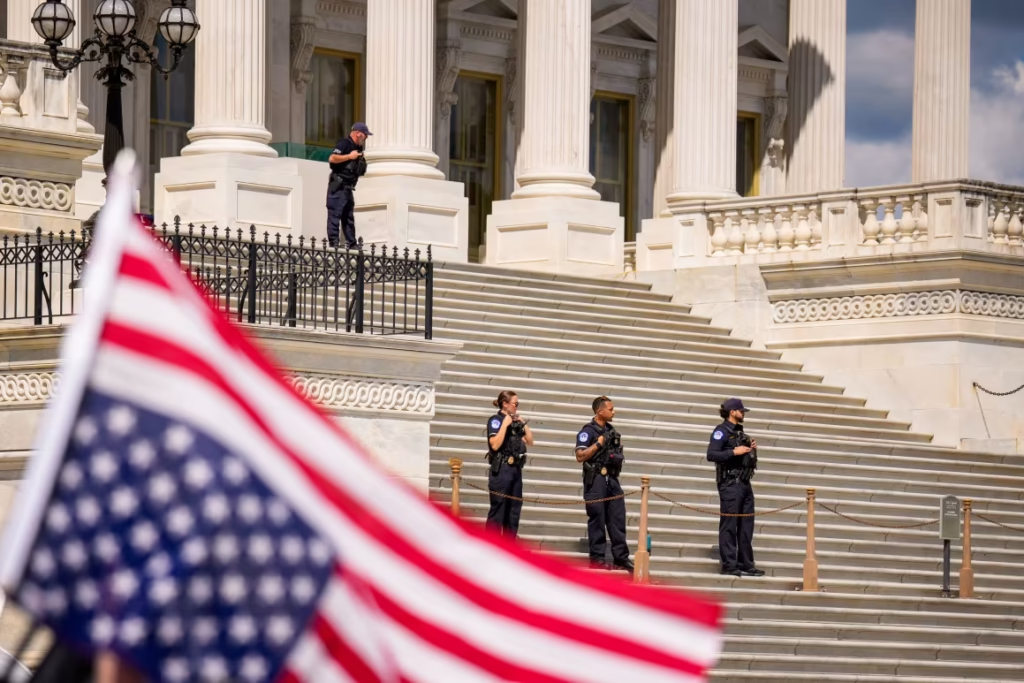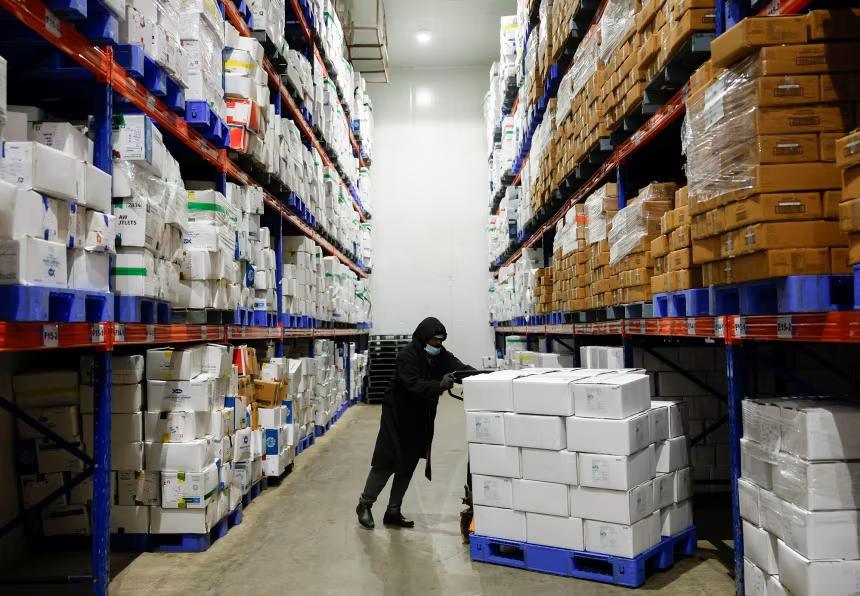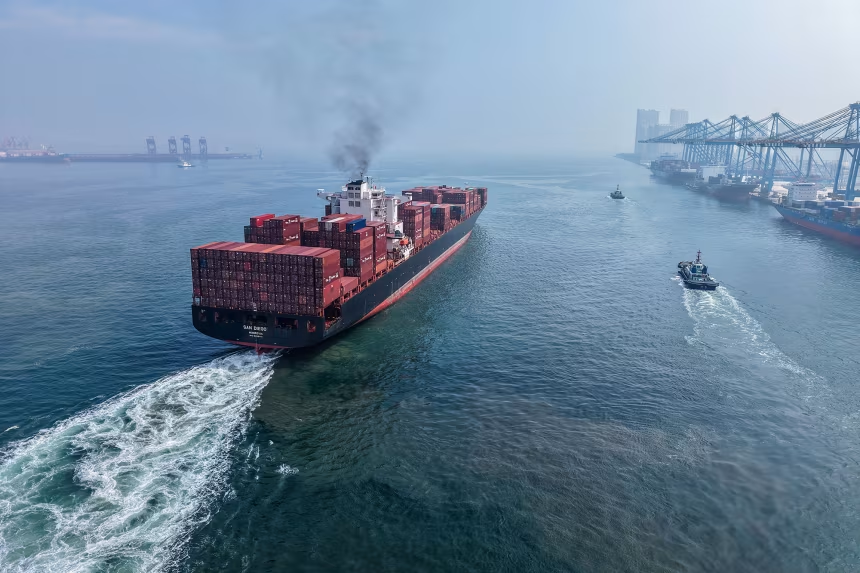The debate over former President Donald Trump’s economic policies has moved far beyond inflation and trade. Increasingly business leaders, analysts, and political observers are linking his approach to deeper questions about the balance of power and the health of American democracy.
Trump’s economic vision has centered on tariffs, aggressive trade realignment, and incentives for domestic manufacturing. Supporters within his base see this as proof that America can reclaim lost industries and rebuild supply chains on home soil. Optimism runs high among MAGA Republicans who credit him with defending workers and prioritizing U.S. jobs over foreign imports.
Yet not everyone is convinced. Non MAGA conservatives and independent economists argue that tariffs and unilateral trade measures risk raising consumer costs, straining businesses, and inviting retaliation from trading partners. Investors warn that unpredictability in policy decisions makes long term planning difficult, fueling concern about stability in markets.
Beyond the numbers lies a more pressing concern. Analysts note that Trump’s use of expansive executive authority on tariffs and regulatory decisions bypasses traditional oversight. With Congress sidelined on key economic calls and courts stretched thin, critics fear that institutional checks and balances are being eroded. They argue that concentrating so much economic power in the executive branch could weaken democratic safeguards designed to prevent abuse.
The business community is also paying close attention. Companies depend on clear rules and reliable policy frameworks, yet rapid executive shifts in trade, taxation, and regulation have created uncertainty. While some sectors benefit from short term protections, others face mounting costs and supply chain disruptions.
The larger question now facing Americans is whether economic strength and democratic strength can coexist under this model. Can bold moves designed to protect jobs be implemented without undermining the institutions that protect rights and accountability?
Trump’s policies highlight the tension between growth and governance. For supporters, his approach proves that decisive leadership delivers results. For critics, the same decisiveness is a warning sign that economic tools may be weaponized in ways that put democratic norms at risk.




